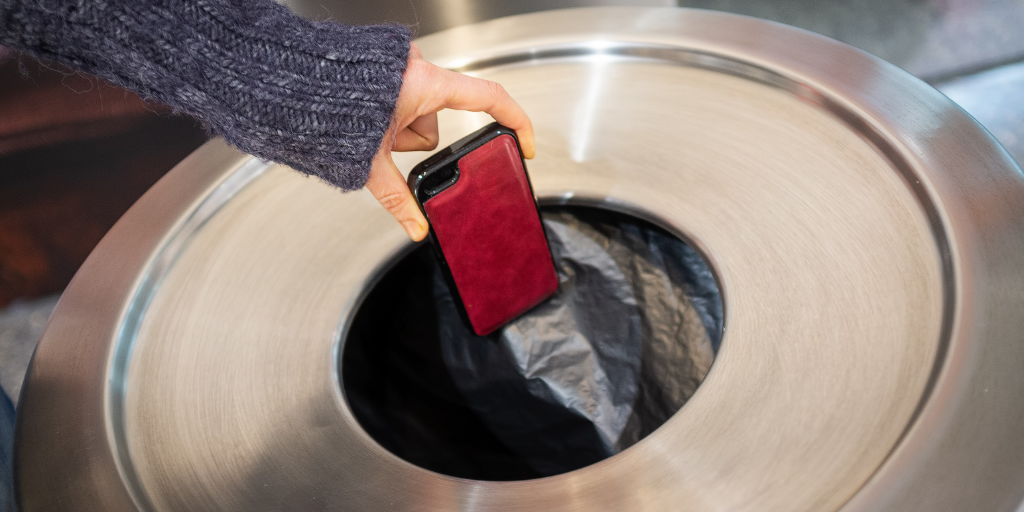EU ecodesign rules for phones and tablets must prevent software obsolescence
ECOS sent comments in response to the release of the first two draft reports of the preparatory study that will inform future ecodesign requirements for smartphones and tablets

Making smartphones easier to repair is essential to cutting tonnes of waste and saving on both greenhouse gas emissions and precious resources – but it is not an easy task. The problem of new software releases is a perfect example. Updates often provoke compatibility issues with new apps and accessories, prompting users to look for a newer device, even if their existing one works well enough.
To counter this problem, ECOS is advocating for software compatibility across versions to be seriously considered in future discussions on the new ecodesign requirements for smartphones and tablets in the EU.
ECOS has submitted detailed comments as an answer to the first two draft reports conducted by independent experts within the preparatory study which will be the basis for the introduction of the said long overdue ecodesign rules.
In these reports, experts provide an overview of the legislative and standardisation context, as well as of the recent market developments. Their release is the first step towards the creation of a new dedicated European legislative instrument, aimed at making our smartphones and tablets easier to repair and more durable. The feedback submitted by stakeholders is to inform the final version of the study, which is expected to be completed before the year’s end.
In our response, we stress the need for the final study to address a range of crucial aspects. For example, experts need to consider the influence of diagnostic, calibration and pairing software tools on the ability to repair both phones and tablets.
You can download our comments here.


